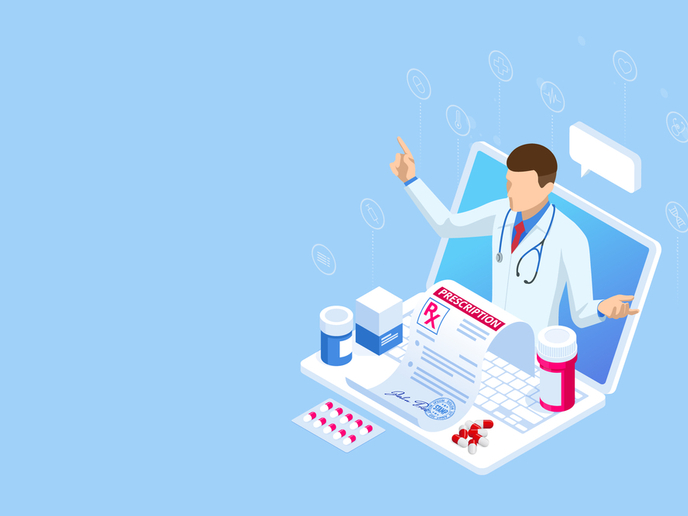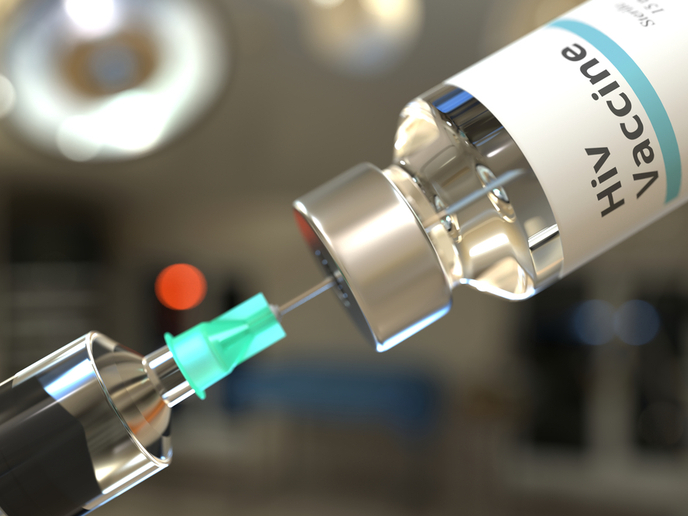A digital follow-up for people living with HIV
Around 2.3 million people in Europe currently live with HIV. For the 80 % aware of their condition, daily life is not so different to that of other European citizens. Antiretroviral medication considerably reduces adverse health effects and, for most, hospital appointments every 6 months suffice for routine blood monitoring. Not all is perfect though. Structural changes in service delivery have been caused by restrictions in budgets, the numbers of people being treated have increased, and people under treatment growing older has been posing new challenges. As Jenny Whetham, a consultant in Sexual Health and HIV Medicine at the NHS Trust, points out: “The risk of co-morbidities and polypharmacy, which sees HIV drugs interacting with other medications, grows with age.” When this is added to concerns over hospital capacity amidst the COVID-19 pandemic, suddenly current HIV care and prevention provision starts looking ill-adapted. Enter EmERGE (Evaluating mHealth technology in HIV to improve Empowerment and healthcare utilisation: Research and innovation to Generate Evidence for personalised care) – an app and web portal for the management of HIV developed thanks to funding under the project of the same name. Its goal: enabling a virtual connection between patient and clinician via a secure and GDPR-compliant digital health platform. The mHealth platform sits on a server within the hospital or clinic firewall. It receives data from the clinic database via an API and pushes it securely to an app on the patient’s Android or iOS mobile device along with messages. The data covers a variety of test results, medication information and appointments, which both clinician and patient can review when needed. One of EmERGE’s greatest contributions is its process for digital health design and implementation. “We co-designed the EmERGE pathway with community members and clinicians before inviting patients to take part in a study across our five clinical sites. Some 2 251 patients living with HIV accepted the invitation and we followed them up for 12 to 30 months. Clinicians saw their patients once a year and checked interim results before they were encrypted and pushed through the application,” Whetham explains. The results of the study are quite promising. Virological outcomes remained excellent in the group – 99 % of individuals maintained an undetectable viral load – with no adverse effects and high patient satisfaction and engagement. Meanwhile, attendance at clinics was reduced by up to 30 %. “This strategy helps clinics manage capacity and provide more person-centred care. It frees up appointments for those patients with more complex medical needs or those who would prefer to be seen face-to-face,” Whetham notes.
Preserving clinic and hospital capacity
The capacity argument is certainly sound. It is sure to resonate like never before in a COVID-19 context where hospitals across Europe need to manage outpatient services very differently in order to maintain quality of care. Many services are re-evaluating digital health provision, and the EmERGE mHealth platform provides a secure and well-evaluated option. “People have been really impressed with the project and the approach we have taken,” Whetham adds. “Of course, some clinicians were a bit sceptical initially. They were concerned about changes to clinical practice, not seeing patients face-to-face and losing income when virtual tariff payments were not in place. Many of these barriers disappeared with COVID-19. Reimbursement structures are changing rapidly, and clinicians are adjusting to new ways of working.” Though it’s now drawing to a close, Whetham says the project will live on through the EmERGE mHealth not-for-profit spinout company. The platform was recently extended to include two-way messaging and video, whilst a prototype of a digital pathway for Pre-exposure prophylaxis for HIV prevention (PrEP) is also available. With these efforts, EmERGE is set to make an important contribution to the digitalisation of health services in Europe.
Keywords
EmERGE, mHealth, HIV, NHS Trust, digital health, COVID-19, coronavirus







